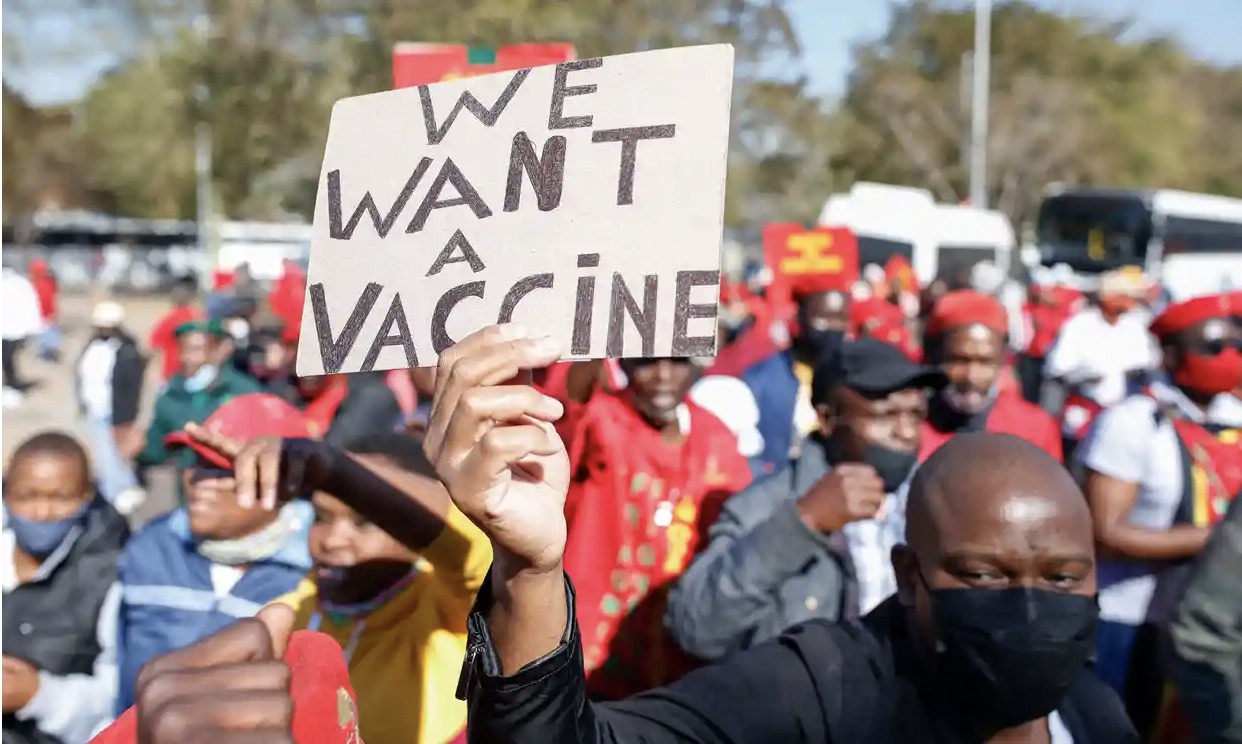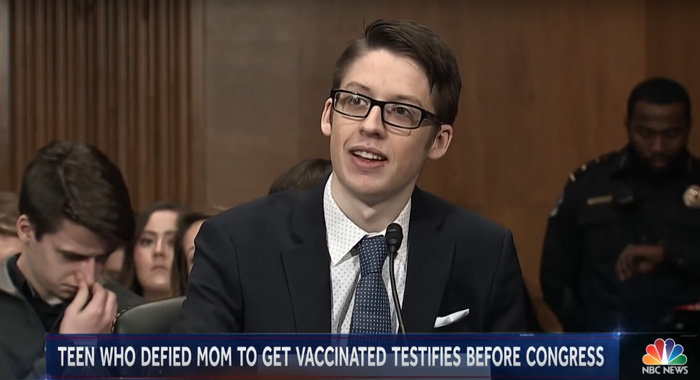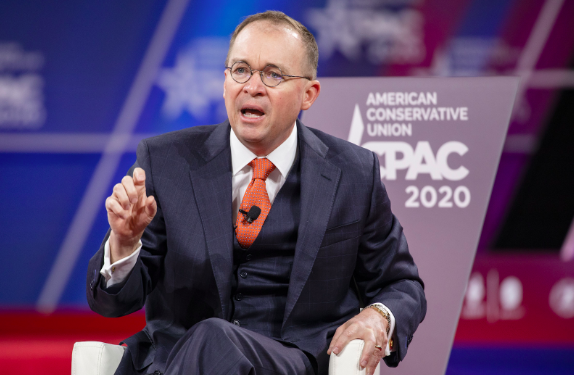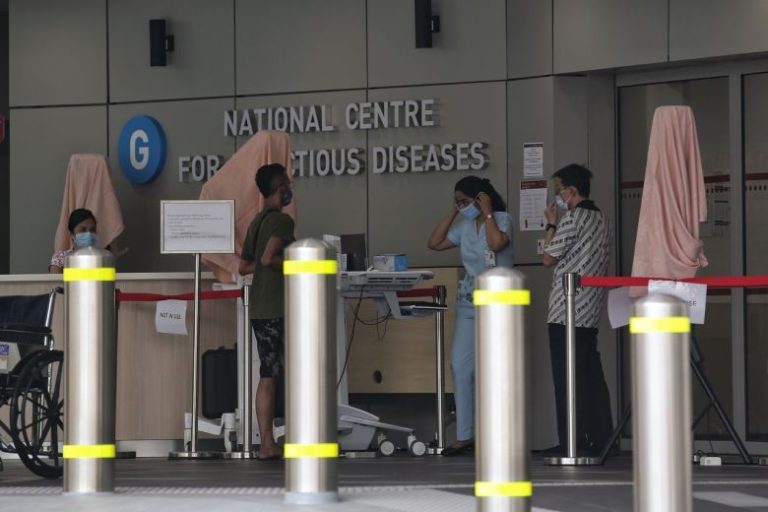
On September 22nd, the FDA approved the Pfizer, J&J, and Moderna booster shot for those 65 and older and those at high risk. This approval kick-started a nationwide booster campaign, driving tens of millions of already vaccinated Americans to receive a third vaccine against COVID-19. This has greatly decreased the caseload in America.
Yet in countries like Nepal, Pakistan, Bangladesh, Laos and South Africa, COVID caseloads are increasing at rates as high as 22,000 percent each month, due to low vaccination rates. In fact, the 10 poorest countries have less than 10 percent of their populations vaccinated, exemplifying an extreme correlation between COVID-19 fatality and national wealth, a key part in bringing access to vaccines.
In an interview with NPR, Tom Bollyky of the U.S. Council on Foreign Relations warned about the dangers of the U.S. tunneling their vaccine efforts on the home front. “Even if we manage to vaccinate our own population in the U.S., if the pandemic is still raging abroad, it leaves us at risk,” says Bollyky, pointing to the threat that foreign variants pose to the global community. Thus, the U.S. must protect its own citizens by vaccinating those abroad. Harboring vaccines domestically ensures future outbreaks in the U.S. as the virus mutates abroad. Thus, It is well within the national interest to provide vaccines to poorer countries.
Tom Hart, the CEO of the ONE campaign, a global organization fighting preventable disease, stressed that “with COVID-19 raging globally and new variants emerging constantly, wealthy countries face a clear choice: Share more doses and shorten the pandemic, or continue to hoard doses and prolong COVID-19 indefinitely.” Currently, the U.S. is choosing the latter, which is an isolationist approach to foreign crises unparalleled in recent history. The United States has a famed history of using humanitarian morals to guide foreign policy decisions on the grounds of preserving democracy, freedom, and peace, such as in Afghanistan, Vietnam, and Korea– why should this pandemic be any different?
According to a study published in Nature, people who received mRNA vaccines have enough lasting immunity to go years without needing a booster shot. World Health Organization director-general Tedros Adhanom-Ghebreyesus spoke with the Associated Press, urging that “it’s a moral issue” when “some countries can afford to have the booster and others are not even vaccinating the first and second round.” Before the Biden Administration, Trump refused to join the COVAX program, which organized wealthier countries to distribute vaccines to the areas of greatest need while the first dose of the vaccine was still in high demand for Americans. However, now that most of the U.S. population who wants the vaccine has gotten it, the issue of depleting the global vaccine supply for booster use falls subject to moral question.
On August 3rd, the Biden Administration announced a plan to donate 110 million vaccines to 65 countries through the COVAX program, stating in a press release that “our aim is to save lives,” asking no favors in return. While this is a step in the right direction, the U.S. is still only sending enough doses to partially vaccinate around 10 percent of each recipient country’s population. Additionally, at the end of September, the southern U.S. states were sitting on a 500 million-dose surplus to provide third boosters to anyone who wanted one. Even donating half of these 500 million vaccines would have a much greater impact on the level of immunity in the countries we have committed to help than sitting idle for Americans to use as boosters. While the Biden Administration gloats that this move “reflects the generosity of the American Spirit,” beneath the surface, it is clear that the U.S. is only trying to placate international upset rather than provide genuine support.
Manufacturers are also still giving in and prioritizing richer countries hooked on the idea of a “booster.” Even though they have an obligation to increase availability to the countries who need the doses the most, they are supplying their product to countries based on financial capital instead of medical necessity. This has created extreme vaccine inequity between countries. Richer countries have pushed their way to the front of the queue by paying the excessive 2,400 percent markup Pfizer charged for their doses, selling over 90 percent of vaccines to the top 5 richest countries in the world.
Inequities in access to vaccines is exacerbating existing inequalities between countries, causing major financial strains on developing nations as their economies struggle to recover from the pandemic with most of the public still unvaccinated. The surplus vaccine supply in the U.S. being kept on the homeland for use as boosters could contribute to a level of global immunity which could greatly diminish or even end the pandemic. It is clear that the U.S. has a moral obligation to supply these countries with their first vaccines before making the rounds in America for the third time.



